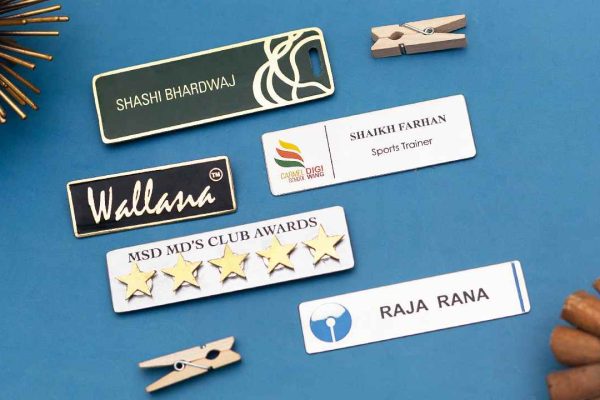You are probably constantly writing things at work: commercial proposals for clients, messages to managers, and a non-stop stream of emails to your co-workers. Yet how can one be sure that all the requests and messages are competent, clear, and legible? How to keep the thread of communication and the appropriate tone of the conversation? The best way to enhance your business writing skills is to visit https://cmaconsulting.com.au/inhouse-training-workshops/influential-business-writing/ workshop. But if you want to get the basic principles, we are willing to help.
First, we think, then we write
Before you pick up a pen or put your fingers on the keyboard, think about what you want to say. Starting to write right away is a common mistake a lot of people make. You don’t need to develop ideas as you write. Such messages will be poorly structured; thoughts will jump from subject to subject and be repetitive. Ask yourself: What is the idea behind my writing, what will my recipient remember after he or she reads this email, quote, or report? If you can’t answer your question quickly and easily, you’ve rushed your writing. You should delay and take some time to get your thoughts in order.
Write in essence
It’s not uncommon for people, especially in their first job, to find themselves in a situation where their usual writing skills don’t match the actual practice of business communication. The worst mistake you see in business correspondence is moving the main message into the middle of the letter.
Keeping the key message simple and short at the beginning of the letter will save your recipient time, and your subsequent argumentation will seem more persuasive before the person has even gone into reading your message. When writing long memos or proposals, Garner recommends that you formulate the main idea or proposed solution at the beginning of the letter. Improve your ability to summarize and summarize. After all, if your thoughts are crumpled at the beginning of the letter, the reader may judge that the rest of the story will be the same.
Shorten
If two words are enough instead of a sentence, shorten it. Then, after each written sentence, reread and abbreviate anything unnecessary. As you read, evaluate each word, and phrase, and decide whether the overall meaning of what you’ve written is lost if those words are missing. If the answer is yes, feel free to remove the unnecessary.
The moment the reader knows your text is becoming overly verbose, his or her attention begins to turn off. He suggests making do with one word instead of a phrase (e.g., “point of view” is better replaced with one word, “opinion”), replacing complex constructions with concrete verbs (to protect someone – protect), using abbreviations, and using active verbs instead of passive verbs whenever possible.
Do not use a scientific style
Business correspondence is accompanied by the use of slang and abbreviations. Although it is often the case that their use is unavoidable in correspondence, and sometimes they even prove useful, it is still a sign of laziness and confusion of thought. If there is too much slang, the addressee begins to think that you wrote this message on autopilot, and then he will stop understanding what you are saying altogether. It’s also a good idea to avoid overly pretentious speech.
Proofread
Put yourself in your reader’s shoes. Does he understand your thought, whether it is clearly expressed? Does your text consist of simple and clear sentences? Blackburn advises reading paragraphs aloud. This reveals flaws: unwieldy sentences, and a section with unnecessarily long paragraphs. Don’t be afraid to ask someone to check your work, or better yet, several people at once. Allow them to express their opinion and not be offended by them.





